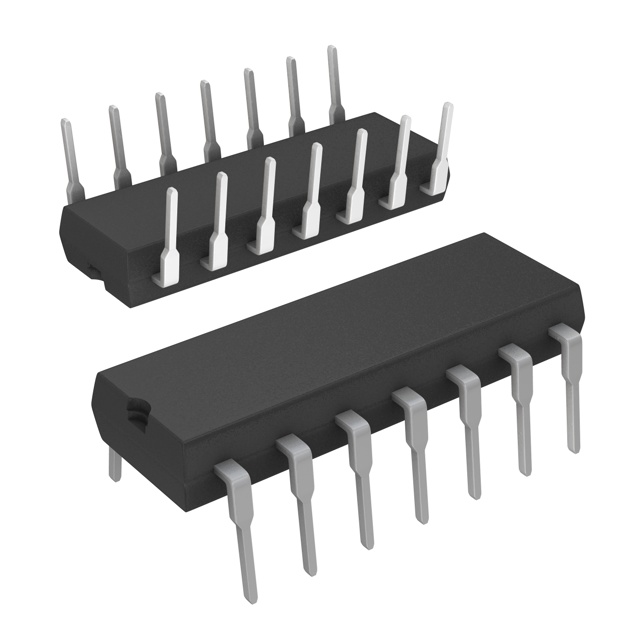In Stock : 8990
Please send RFQ , we will respond immediately.









NLVVHC1G14DFT2G Specifications
-
TypeParameter
-
Package / Case5-TSSOP, SC-70-5, SOT-353
-
Supplier Device PackageSC-88A (SC-70-5/SOT-353)
-
Mounting TypeSurface Mount
-
Operating Temperature-55°C ~ 125°C
-
Max Propagation Delay @ V, Max CL10.6ns @ 5V, 50pF
-
Input Logic Level - High2.2V ~ 3.85V
-
Input Logic Level - Low0.9V ~ 1.65V
-
Current - Output High, Low8mA, 8mA
-
Current - Quiescent (Max)1 µA
-
Voltage - Supply2V ~ 5.5V
-
FeaturesSchmitt Trigger
-
Number of Inputs1
-
Number of Circuits1
-
Logic TypeInverter
-
PackagingCut Tape (CT)
-
PackagingTape & Reel (TR)
-
Product StatusActive
-
SeriesAutomotive, AEC-Q100, 74VHC
The NLVVHC1G14DFT2G is a specific integrated circuit chip from ON Semiconductor. It is a single inverter gate with Schmitt-trigger inputs. Here are some advantages and application scenarios of this chip:Advantages: 1. Low power consumption: The NLVVHC1G14DFT2G operates at a low supply voltage range of 1.65V to 5.5V, making it suitable for low-power applications. 2. Schmitt-trigger inputs: The Schmitt-trigger inputs provide hysteresis, allowing for noise immunity and improved signal integrity. 3. Small form factor: The chip is available in a small SOT-353 package, making it suitable for space-constrained applications.Application scenarios: 1. Signal conditioning: The Schmitt-trigger inputs of the NLVVHC1G14DFT2G make it suitable for signal conditioning applications where noise immunity and clean signal transitions are required. 2. Level shifting: The chip can be used for level shifting applications, converting signals from one voltage level to another. 3. Oscillators and clock generation: The inverter gate functionality of the chip can be used in oscillator circuits or for clock generation in digital systems. 4. Sensor interfaces: The NLVVHC1G14DFT2G can be used in sensor interfaces where it can condition and process sensor signals before further processing or transmission.It is important to note that the specific advantages and application scenarios may vary depending on the requirements of the overall system and the specific use case.
NLVVHC1G14DFT2G Relevant information

















